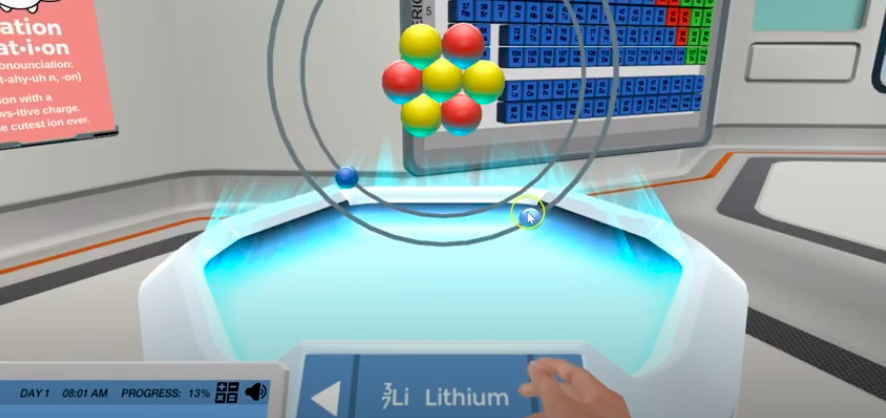Amid the ongoing COVID-19 pandemic, higher education is looking to get the education concoction right this fall.
With virtual instruction part of the conversation for another semester, colleges and universities are making changes to how things are done and seeking out technology that can help get the experience a little closer to IRL. And it’s not just in the classroom, as lab access is also limited by restrictions.
At the University System of Maryland, the public education body which oversees a dozen universities and three regional centers in the state, a hybrid model for the fall will split virtual and in-person learning. So taking lab work virtual was among the areas that the system’s tech-focused Kirwan Center for Academic Innovation explored as part of the $2.6 million OnTrack Initiative.
This week, it announced a partnership with Copenhagen-based Labster that will allow all of the universities in the system to access the company’s 150 virtual laboratory simulations, which can be used if a course is moved entirely online, or to supplement in-person instruction.
Labster gives students access to explore experiments in biology, chemistry, physics and general sciences to review basic concepts at their own pace, said CEO Michael Bodekaer Jensen. They are given a virtual version of the lab practical that can help to teach the “techniques, skills, processes, protocols and underlying theory,” Jensen said, giving a chance to learn from trial and error before going to a physical lab.
“Labster incorporates pedagogical techniques proven to facilitate better understanding of theoretical information, including learning through failure, visual learning, active learning, gamification and storytelling,” the CEO said. “Teachers can track student activity, allowing for intervention and support when students are not engaging with course materials.”
In normal times, one might think of it as a way to try things out before using real chemicals. In a pandemic context, it’s takes on added meaning as way to learn when lab access is limited.
Through the OnTrack Initiative, which is a partnership of the Kirwan Center and University of Maryland Global Campus, the purchase of licenses was centralized so that all of the 172,000-student system could have access. Terms were not disclosed.
“While it is difficult to replace the ‘hands-on’ experience of a real lab environment, we were very pleased to find a solution for our campuses that can help us de-densify the classroom by helping students prepare for labs in advance using simulations,” said Dr. MJ Bishop, director of the Kirwan Center, in a statement. “Labster is both providing the tools as well as the support faculty need to learn how best to integrate the simulations into their course.”







